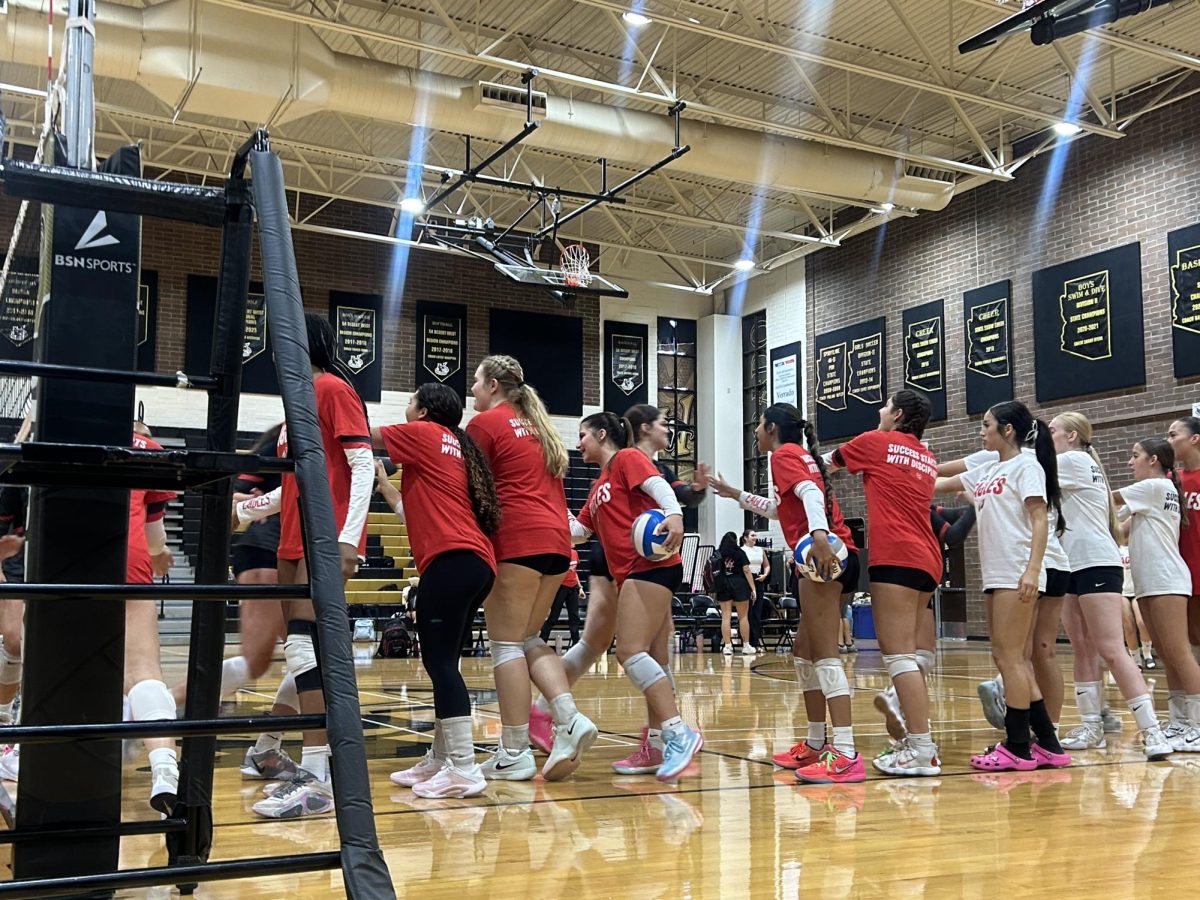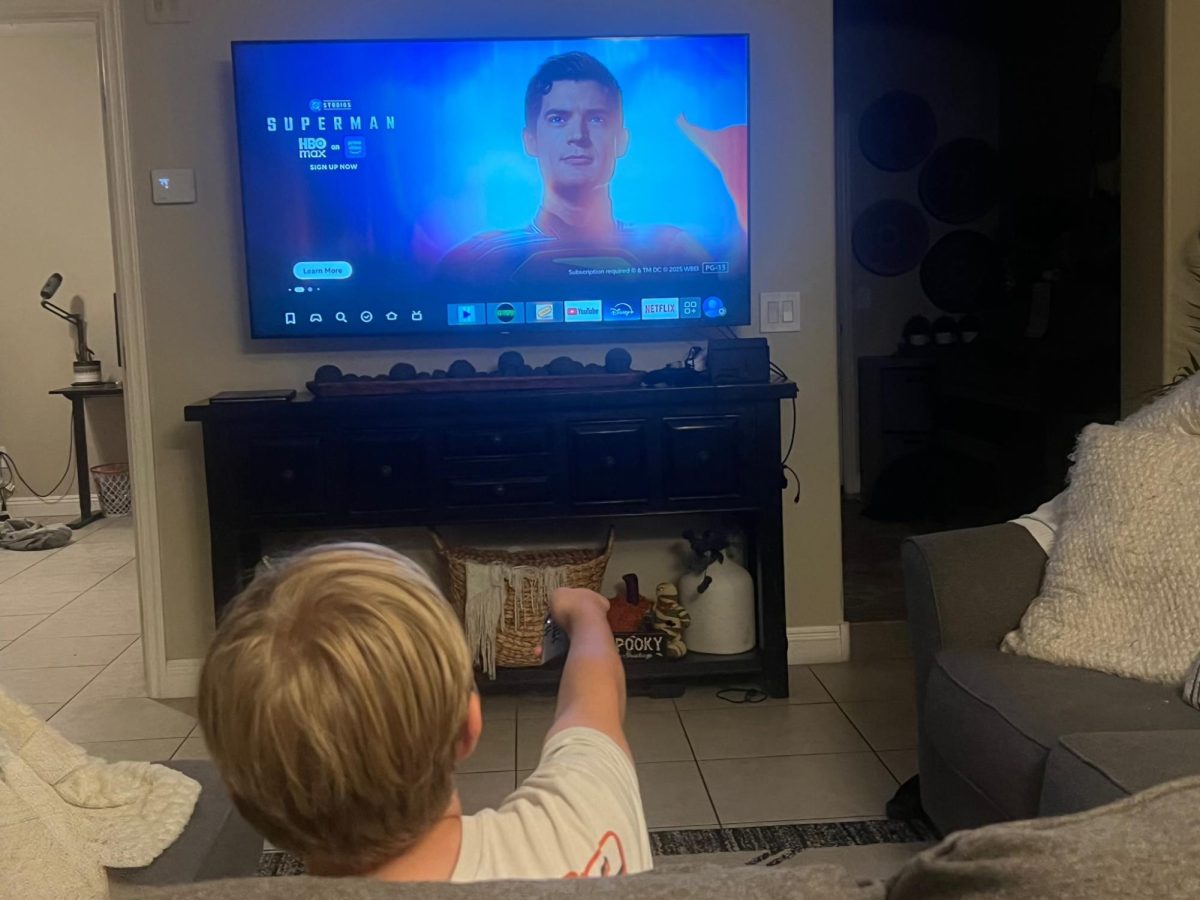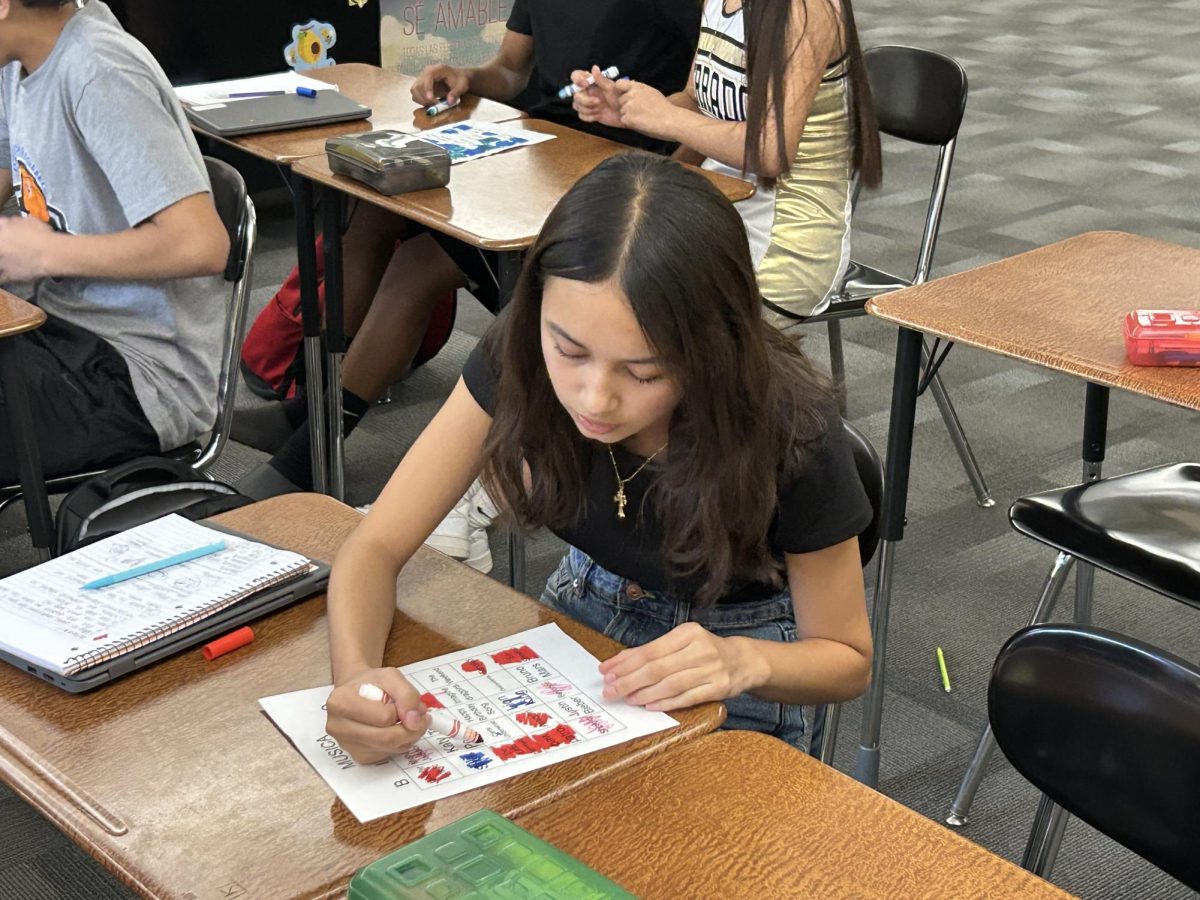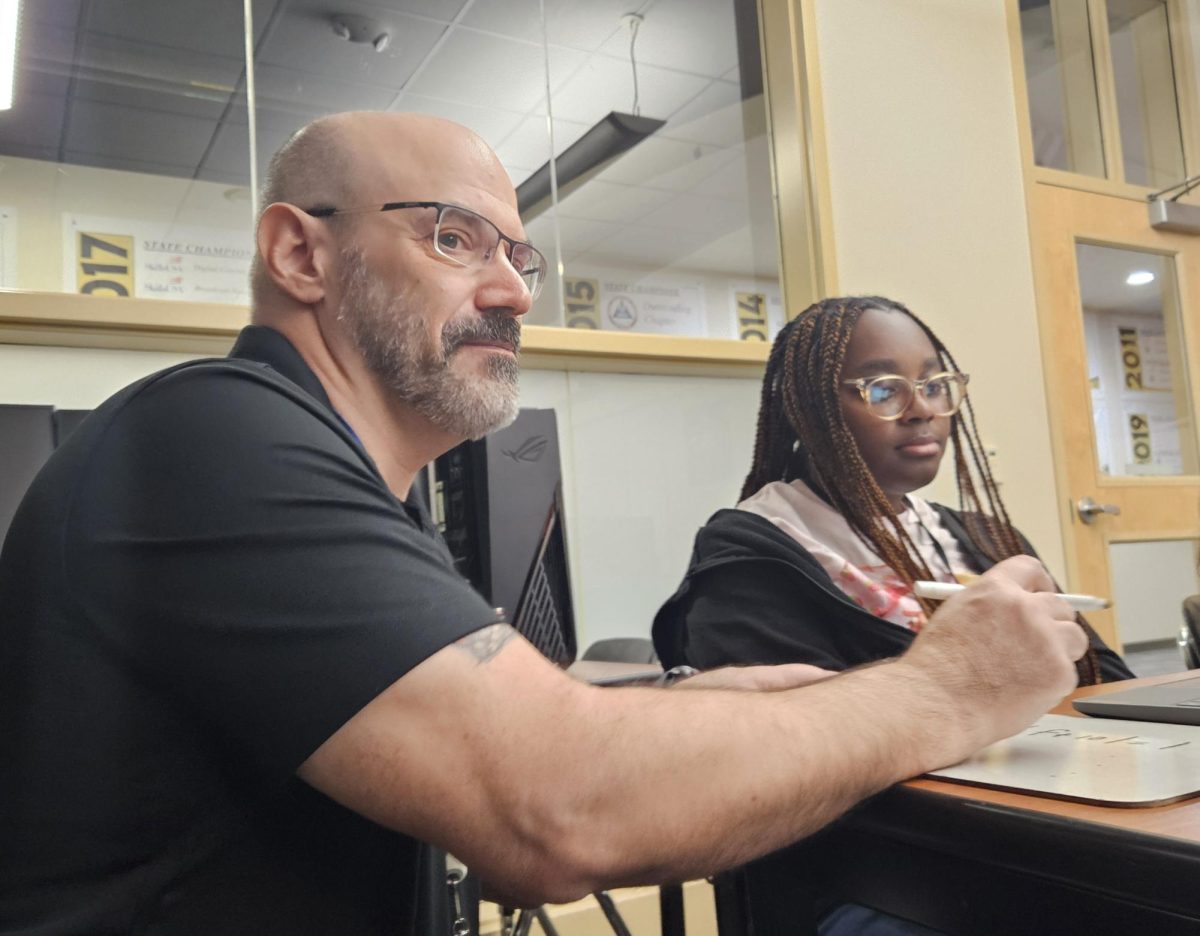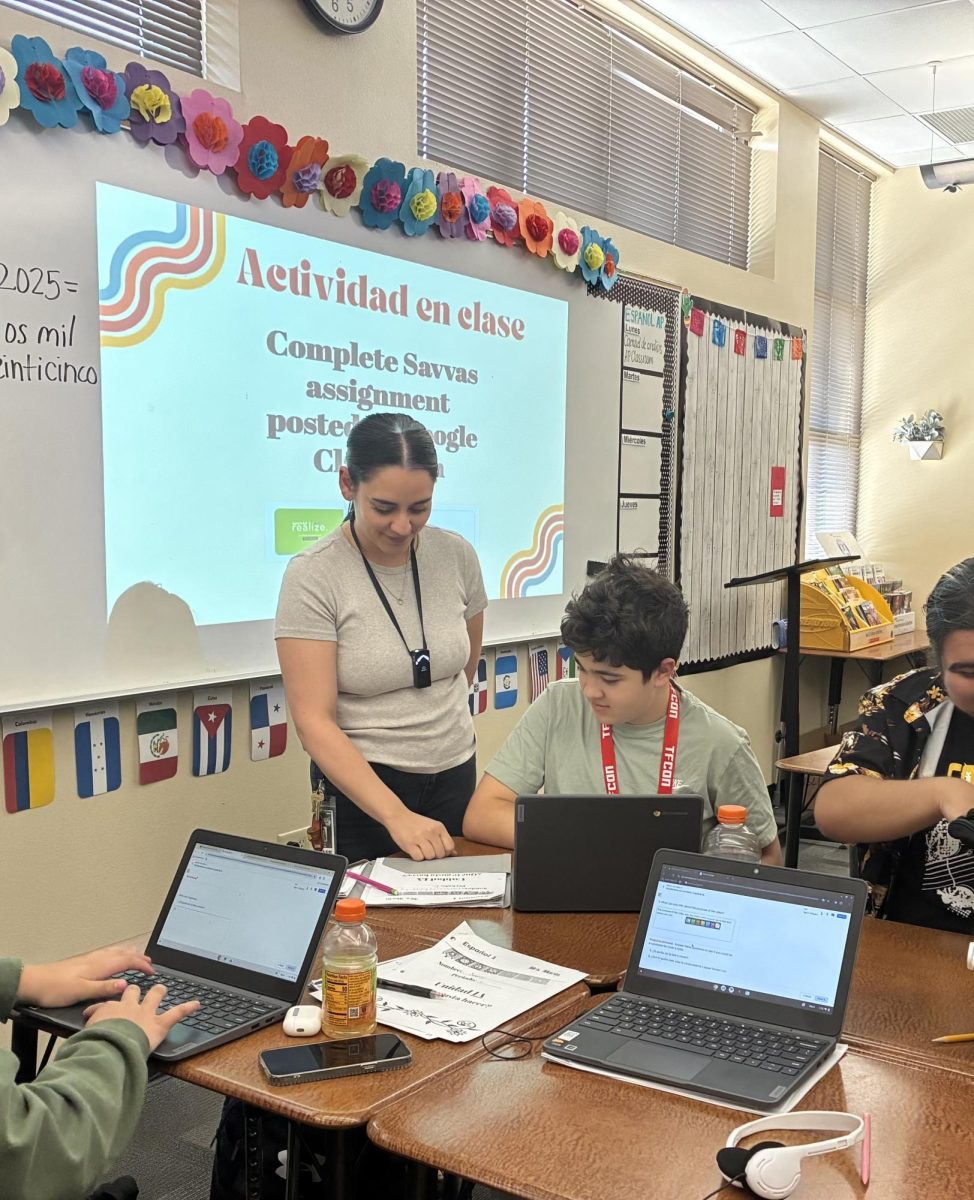In the wake of the pandemic, homeschooling has emerged as a resilient alternative, earning the well-deserved spotlight by transforming education into an empowering and personalized journey for students and families alike. But it is beyond being a mere alternative, homeschooling has become a whole new way of learning with new tools and technology.
Students not only gain the freedom to tailor their educational experience but also get to shoulder the responsibility of managing their own academic paths. This dynamic approach fosters a sense of independence and self-direction, distinguishing homeschooling as a comprehensive and transformative model of education.
The curriculum becomes a canvas for parents-turned-educators to weave a rich tapestry of knowledge. In this tailored approach, subjects are not just learned; they are experienced, leading to a profound comprehension that goes beyond memorization. Homeschooling is, in essence, an invitation to curate a curriculum that aligns with the values and aspirations of each family.

Anysia Jones former homeschooled student had this to say when asked how it felt to manage her schedule.
“Homeschooling involved a significant amount of dedicated work. The curriculum was rigorous, and completing assignments required discipline and self-motivation.”
Students find a more customized schedule with homeschooling. Anysia continued:
“The difference was that I could adapt my learning environment to suit my needs, which enhanced my focus and productivity. Homeschooling instilled in me a strong work ethic and a love for learning that continues to benefit me in my academic and private life.”
Imagine a world where the clock doesn’t dictate the daily symphony of learning.
Homeschooling bestows the gift of time and flexibility upon families, allowing them to compose their educational schedules like a well-crafted piece of music. No more rushing from one class to another; instead, a harmonious balance between academic pursuits and life’s other melodies emerges.
This flexibility, however, is not without its challenges. The demanding role of parents as both educators and caregivers requires an orchestrated effort, presenting a delicate dance between time and commitment.
For some, the enchanting tune of flexibility may be a melody of liberation, while for others, it requires finely tuned time management to maintain the tempo.
In the intimate setting of homeschooling, the family becomes the nucleus of learning. Shared experiences and collaborative exploration strengthen familial bonds, creating a unique synergy between education and emotional connection. It’s a narrative where learning extends beyond textbooks, becoming a collective journey that weaves the threads of knowledge and love.
Yet, amidst this heartwarming melody, concerns arise about socialization. Traditional schools provide a structured stage for friendships to blossom, and replicating this environment in a homeschool setting requires a conscious effort. It’s a nuanced conversation about the delicate balance between academic excellence and social development.
Beyond the enchantment lies the reality of challenges. The time-consuming nature of homeschooling places demands on families, challenging the conventional notion of education. The absence of specialized resources, from laboratories to sports facilities, poses a hurdle that homeschooling families must actively overcome.
But when asked if former homeschooled student Daniel Roman ever felt isolated or lonely he had this to say:
“Homeschooling offered a unique social experience for me. While I wasn’t in a traditional school setting, I had the opportunity to engage with a diverse community through homeschooling groups, co-op classes, and extracurricular activities. The flexibility of homeschooling allowed me to build meaningful connections with peers who shared similar interests, and I never felt isolated.”
However, potential gaps in knowledge emerge as parents navigate the intricate terrain of subject expertise. The risk of overlooking crucial topics looms, necessitating a vigilant approach to cover the breadth and depth of a well-rounded education. Additionally, the recognition of homeschooling in institutional spaces becomes a formidable hurdle, raising questions about accomplishments and acceptance.
Homeschooling offers a unique approach to education with both advantages and challenges. It is essential for parents to carefully consider their child’s needs, their capabilities, and the resources available before opting for homeschooling. Whether it’s the personalized learning experience or the potential drawbacks, homeschooling is a choice that requires careful consideration and commitment from families.



